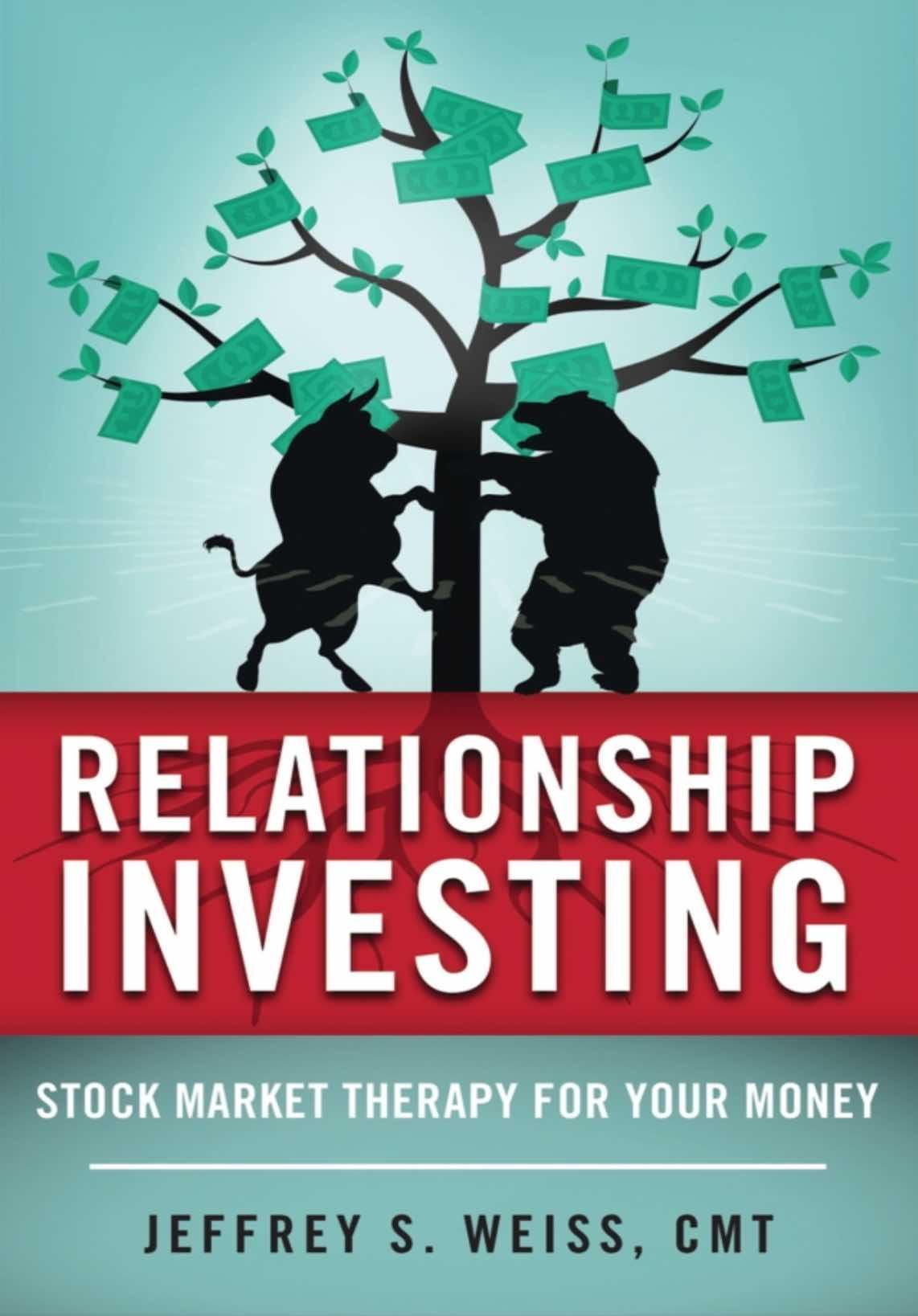When talking about market adages that have stood the test of time, this one—you can’t go wrong taking a profit—has to be in the adage hall of fame. I’m not saying that it’s wrong, in and of itself, to take a profit. But this type of thinking has several unintended consequences I think you should be aware of and is one investment tenet to which I don’t fully subscribe. Let me explain.
- Selling a stock only because it’s at a gain means having to replace it with another security (if that’s your objective), forgoing further possible gains in a position that’s already showing you a profit, and having the pressure of having to select another winner—all from scratch. With a stock that’s showing you a decent gain you may even have your selling price (or stop order) set above your original purchase price. That’s a nice feeling, but absent when you have to start over again with a new security.
- All other things being equal, why would you want to put one of your winners on the chopping block first when it’s the losses that may well be the weaker link?
- Taking a profit in a stock puts a final lid on how high it might go. Sure, you tell yourself, I’ll buy it back at a lower price, but in a primary uptrend, chances are that you’ll miss that opportunity. And I need not tell you the (psychological) reluctance investors feel to buy back shares at a price higher than that at which they were sold—wrong as that thinking can be.
- Using a gain or loss as the sole criteria for making an investment decision is like choosing a single personal trait and making that the only determinant for finding the perfect mate. I’m not saying not to consider selling your winners if your analysis suggests you should, just that it’s not a one-dimensional decision. One avenue you might consider is selling a partial position in the shares and retaining the rest to give yourself a chance to extend your gains while using a risk management approach to protect those winnings. When I do so, it’s always based on my technical analysis of the shares in question.
Moral: The temptation to sell your gains instead of your losses can seem overwhelming at times. It’s a much better feeling to sell a stock at a gain, take some credit, and wear a smile than it is to sell at a loss and admit financial defeat. And remember, when you sell a position at a loss, the verdict is final. That’s not something that many people come to terms with easily. The easy road, however, whether investing in the stock market or in a personal relationship, is often the wrong road. Don’t be so quick to grab your gains based solely on the fact that they’re gains.
(To be continued...)

This excerpt is taken from “Relationship Investing: Stock Market Therapy for Your Money” by Jeffrey S. Weiss. To read other articles of this book, click here. To buy this book, click here.
The Epoch Times copyright © 2023. The views and opinions expressed are those of the authors. They are meant for general informational purposes only and should not be construed or interpreted as a recommendation or solicitation. The Epoch Times does not provide investment, tax, legal, financial planning, estate planning, or any other personal finance advice. The Epoch Times holds no liability for the accuracy or timeliness of the information provided.





